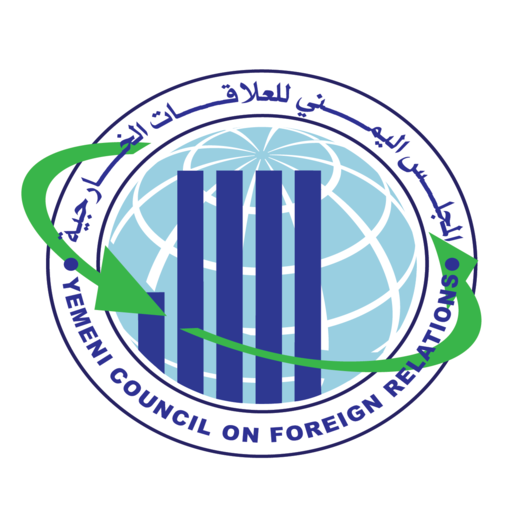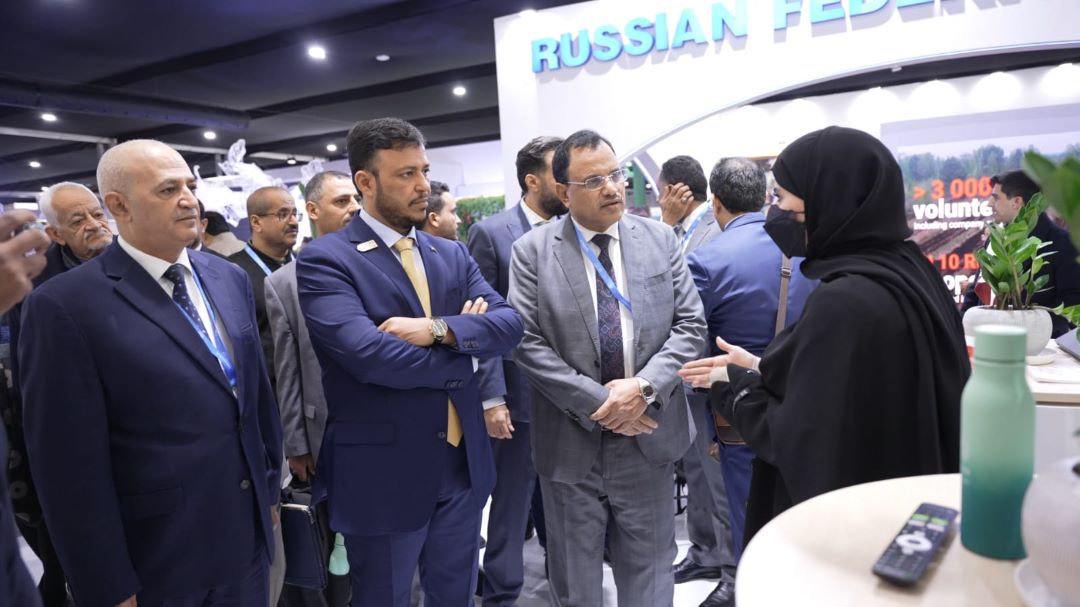Source: Saba News Agency
Member of the Presidential Leadership Council, Dr. Abdullah Al-Alimi, on Wednesday, reviewed international and regional experiences in addressing climate and environmental challenges in several pavilions participating in the Climate Conference (COP29) in the Azerbaijani capital, Baku.
Dr. Abdullah Al-Alimi visited the Kingdom of Saudi Arabia’s pavilion and listened to an explanation of the “Saudi Green” and “Middle East Green” initiatives, which aim to reduce emissions, manage the use of renewable energies, and enhance vegetation cover, in support of achieving the goals of the Kingdom’s Vision 2030.
During his visit to the United Arab Emirates’ pavilion, the Leadership Council member listened to a presentation on the UAE’s efforts within the framework of the COP28 agreement, its achievements in the field of biodiversity, climate finance, its commitment to climate neutrality, and its efforts to enhance food and water security.
Dr. Al-Alimi also learned about Qatar’s efforts to promote natural solutions for climate change adaptation, support sustainable development, and strengthen the resilience of ecosystems, with the aim of protecting the economy from climate challenges, during his visit to the State of Qatar’s pavilion.
Dr. Abdullah Al-Alimi learned about the “Green Hydrogen” project in the Sultanate of Oman’s pavilion, and the Sultanate’s efforts to achieve carbon neutrality by 2050, through the launch of the Oman Sustainability Center and the implementation of the renewable energy transition strategy.
During his visit to the Morocco pavilion, Dr. Al-Alimi listened to the Kingdom of Morocco’s efforts to mitigate climate change, preserve the environment and natural resources, and the policy adopted by the city of Rabat to promote and implement sustainable mobility policies aimed at improving urban health and achieving a comprehensive quality of life for citizens.
The member of the Presidential Leadership Council also listened to the efforts made to promote Arab positions and raise awareness in the field of climate and environmental challenges from the organizers of the League of Arab States pavilion.
Dr. Al-Alimi viewed the summit’s logo in the Azerbaijan pavilion, which combines the symbols of “buta,” leaves, and water droplets, as a sign of Azerbaijan’s environmental sensitivity and rich cultural heritage, in addition to displaying the five elements of energy, including plants, animals, air, wind, and water.
Dr. Abdullah Al-Alimi expressed his appreciation for the various experiences he witnessed in the COP29 pavilions, praising the efforts of the participating countries in strengthening climate action and achieving sustainable development.

